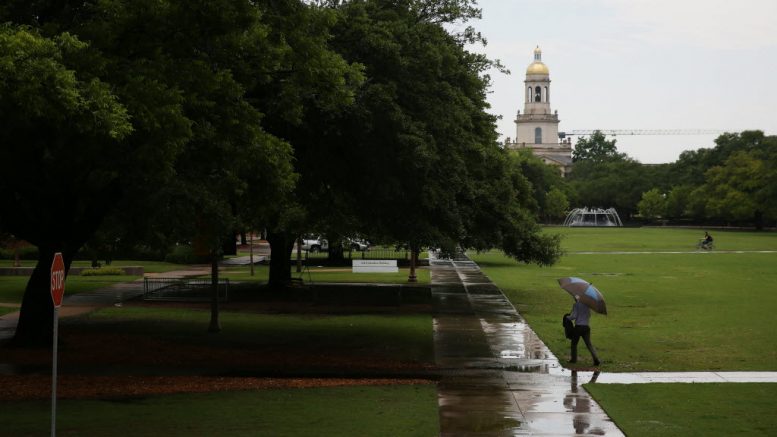Pitman’s order distinguished between two types of Title IX claims:
In the first, more traditional claim, a woman who was sexually assaulted accuses Baylor of failing to respond to her particular situation after she reported it to the school. In those claims, the judge ruled, the two-year statute of limitation should begin as scheduled â from the time an assault was reported.
Four of the 10 victims in the lawsuit do not qualify for that type of claim, the judge said, because their cases are too old.
But all 10 “Jane Does” qualify for the second type, referred to as a “heightened-risk claim.” In that case, a victim alleges that even before her assault, Baylor’s failure to investigate sexual assault claims and punish assailants created an environment that put her at a “substantially increased” risk of being sexually assaulted.
The judge agreed with the victims’ lawyers that it was “plausible” that the women did not have enough information to know of the broader culture until last spring, when Baylor’s sexual assault scandal became public.
“Plaintiffs have not alleged that Baylor had knowledge of accusations against their specific assailants prior to their initial assaults, but what they have alleged â a widespread pattern of discriminatory responses to female students’ reports of sexual assault â is arguably more egregious,” Pitman wrote.
It’s possible the ruling could open up a path for more sexual assault victims to come forward.
Rayla Allison, a Title IX expert at the University of Minnesota, warned that those cases would have to be evaluated individually to see if they fit the judge’s parameters.
Title IX by itself does not have a statute of limitations, she said.
But the time frame for bringing claims varies by state. State law is borrowed to determine how long a victim has to file suit, according to Know Your IX, a survivor-led organization. That translates to two years in Texas.
At least five other Title IX lawsuits against Baylor are pending.
CORRECTION, 10:22 p.m., March 7, 2017: An earlier version of this story incorrectly stated that the 5th Circuit Court of Appeals, which includes Texas, was possibly the only region in the country that applied a statute of limitation to Title IX cases. The statute of limitations for Title IX cases varies by state.
Source: www.dallasnews.com




